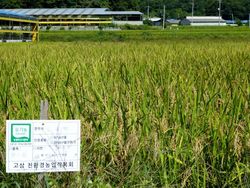Since 2002, the Thünen Institute of Organic Farming has been working on various topics in the field of organic crop and plant production. The research focuses on both overarching themes such as soil fertility, nutrient management, and the control of weeds, pests, and diseases, as well as crop-specific issues, particularly the cultivation of legumes.
Based on soil fertility and environmental conditions, crop and plant production is the central production level of organic farming, producing food for humans or feed for livestock. In organic farming, synthetic chemical pesticides and easily soluble mineral fertilizers are not allowed. This presents significant challenges for maintaining product quality and production volume. Research is centered on developing improved techniques to produce more stable and high-quality products. Key research areas include nutrient management, pest, disease, and weed control, as well as soil-conserving cultivation techniques.

![[Translate to English:] [Translate to English:]](/media/_processed_/8/e/csm_Bildschirmfoto_2021-03-03_bearb_fc48ac88bf.jpeg)
![[Translate to English:] [Translate to English:]](/media/_processed_/8/e/csm_Bildschirmfoto_2021-03-03_bearb_ba3ec0e9d7.jpeg)



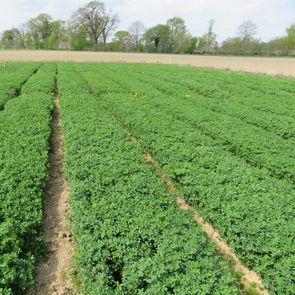


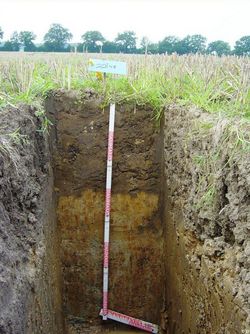
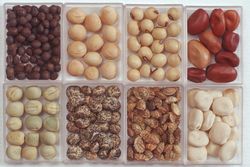

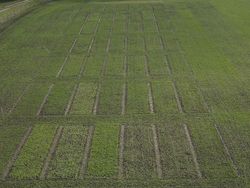
![[Translate to English:] Further development of cultivation, processing and utilisation of protein crops](/media/_processed_/8/a/csm_Leguminosencollage_fb07edf62f.jpg)
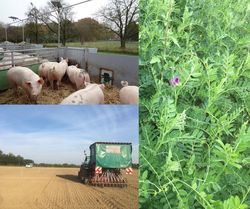
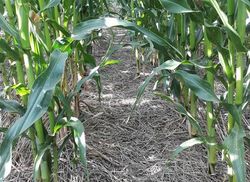
![[Translate to English:] Andenlupine mit Mais im Gemengeanbau Optimization of intercropping for biomass production](/media/_processed_/d/f/csm_LUA-Mais_DSC_0086_4bb3367854.jpg)
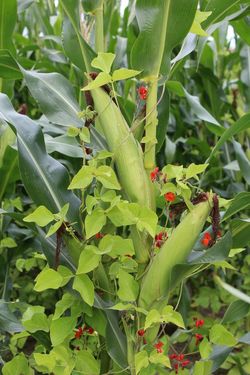
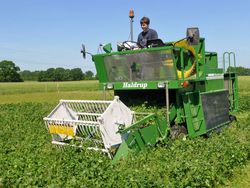
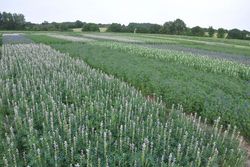
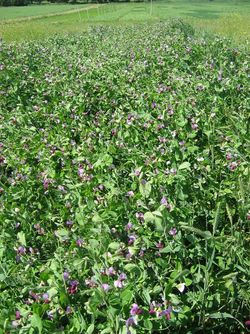
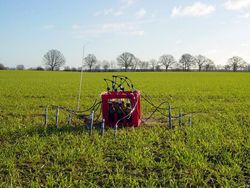
![[Translate to English:] Grünlandfläche mit Ampfer Keeping after dock and thistles](/media/_processed_/2/d/csm_Ampfer_2Beweidung2003-Stand-TK1_592e1e97b7.jpg)
